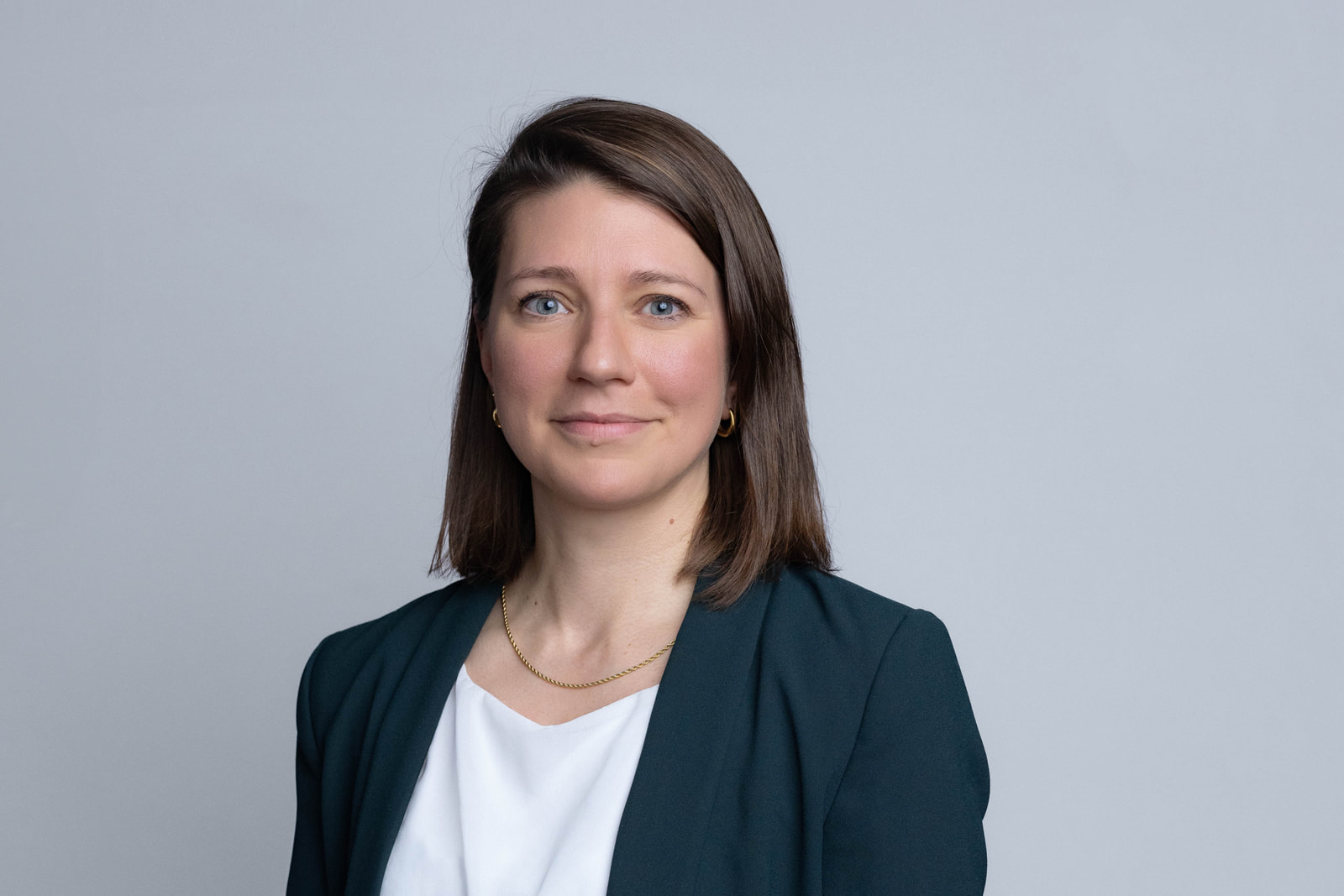Alex Feis-Bryce, CEO of Diversity Role Models explains what the charity is about, and how charities can get involved.
1. Can you explain a bit about the charity and your day-to-day role?
Feis-Bryce: Diversity Role Models is a dynamic charity whose mission is to promote understanding and acceptance of individual differences and end LGBTQ+ bullying in schools. Our story began in 2011 when our founder Suran Dickson, then a teacher, learned of a young boy who took his own life after facing homophobic bullying. What struck her was how phrases like "you're so gay" regularly went unchallenged by both students and teachers. This tragedy became the catalyst for our mission.
Our team of educators and volunteer role models deliver transformative workshops in schools and colleges. Using pioneering educational content underpinned by the power of storytelling, we speak openly about lived experiences of difference and bullying. Our volunteer role models are at the heart of our delivery, sharing their personal journeys towards living happy and fulfilling lives to inspire others.
What we do as a charity resonates deeply with me. As a teenager growing up in a small town in Lancashire, I lived in fear of being rejected for being gay and "different." If Diversity Role Models had delivered workshops in my school it would have been genuinely life-changing for me. To be leading an organisation that transforms young lives and creates the accepting environment I needed back then is one of my proudest achievements.
As a small charity with a big reach, I often liken my role to being captain of a ship, not just steering it but charting the course, navigating choppy waters, and ensuring the journey is safe - well governed in the case of a charity - and headed in the right direction. However, my priority is always motivating and supporting the crew – our people – because a ship can’t sail without them.
What is the organisation doing for anti-bullying week?
Feis-Bryce: While every week is anti-bullying week for us, Anti-Bullying Week raises much-needed awareness about the daily impact of bullying. This reality was starkly highlighted in our recent "Embracing Difference, Ending Bullying" impact report, which revealed that 32% of secondary students reporting bullying based on sexuality and 34% based on looks.
This year's Anti-Bullying Week campaign theme, "Choose Respect," aligns perfectly with our mission. Throughout the week, we'll be showcasing our Upstander Animation Series, a resource created for primary school audiences. These engaging animations bring real-world bullying scenarios to life, demonstrating how situations unfold in classrooms. The animations have been produced to empower children to be upstanders rather than bystanders to bullying. They also remind adults of our crucial role in modelling respectful behaviour.
Our dedicated Education Team and volunteers are delivering an ambitious programme of 80 workshops nationwide, reaching more than 2,000 young people. While maintaining our core focus on LGBTQ+ inclusion, we're expanding our message to address broader anti-bullying themes. We will also be participating in Odd Socks Day – a fun Anti-Bullying Alliance initiative that celebrates individuality and promotes the acceptance of difference.
What can charities do if allegations of bullying have arisen?
Feis-Bryce:
The starting point is ensuring that individuals who report mistreatment feel heard and respected. By addressing concerns and demonstrating a genuine commitment to positive change, organisations can transform challenges into opportunities for growth and build more trust among their teams.
And what can they do to prevent bullying?
Feis-Bryce:
While this passion is incredibly valuable, it means we often become personally connected to our work in a profound way. It's crucial to maintain solid boundaries between the professional and the personal. Our roles can be extremely demanding, with constant pressure to demonstrate impact and justify our programmes almost on a daily basis.
We all have a duty to ourselves and each other, as leaders and colleagues alike, to create an environment where people are both respected and held accountable. This requires ongoing empathy, humility and self-reflection from everyone in the organisation.
Charity Times video Q&A: In conversation with Hilda Hayo, CEO of Dementia UK
Charity Times editor, Lauren Weymouth, is joined by Dementia UK CEO, Hilda Hayo to discuss why the charity receives such high workplace satisfaction results, what a positive working culture looks like and the importance of lived experience among staff. The pair talk about challenges facing the charity, the impact felt by the pandemic and how it's striving to overcome obstacles and continue to be a highly impactful organisation for anybody affected by dementia.
Charity Times Awards 2023
Mitigating risk and reducing claims

The cost-of-living crisis is impacting charities in a number of ways, including the risks they take. Endsleigh Insurance’s* senior risk management consultant Scott Crichton joins Charity Times to discuss the ramifications of prioritising certain types of risk over others, the financial implications risk can have if not managed properly, and tips for charities to help manage those risks.
* Coming soon… Howden, the new name for Endsleigh.
* Coming soon… Howden, the new name for Endsleigh.
Better Society

© 2021 Perspective Publishing Privacy & Cookies











Recent Stories